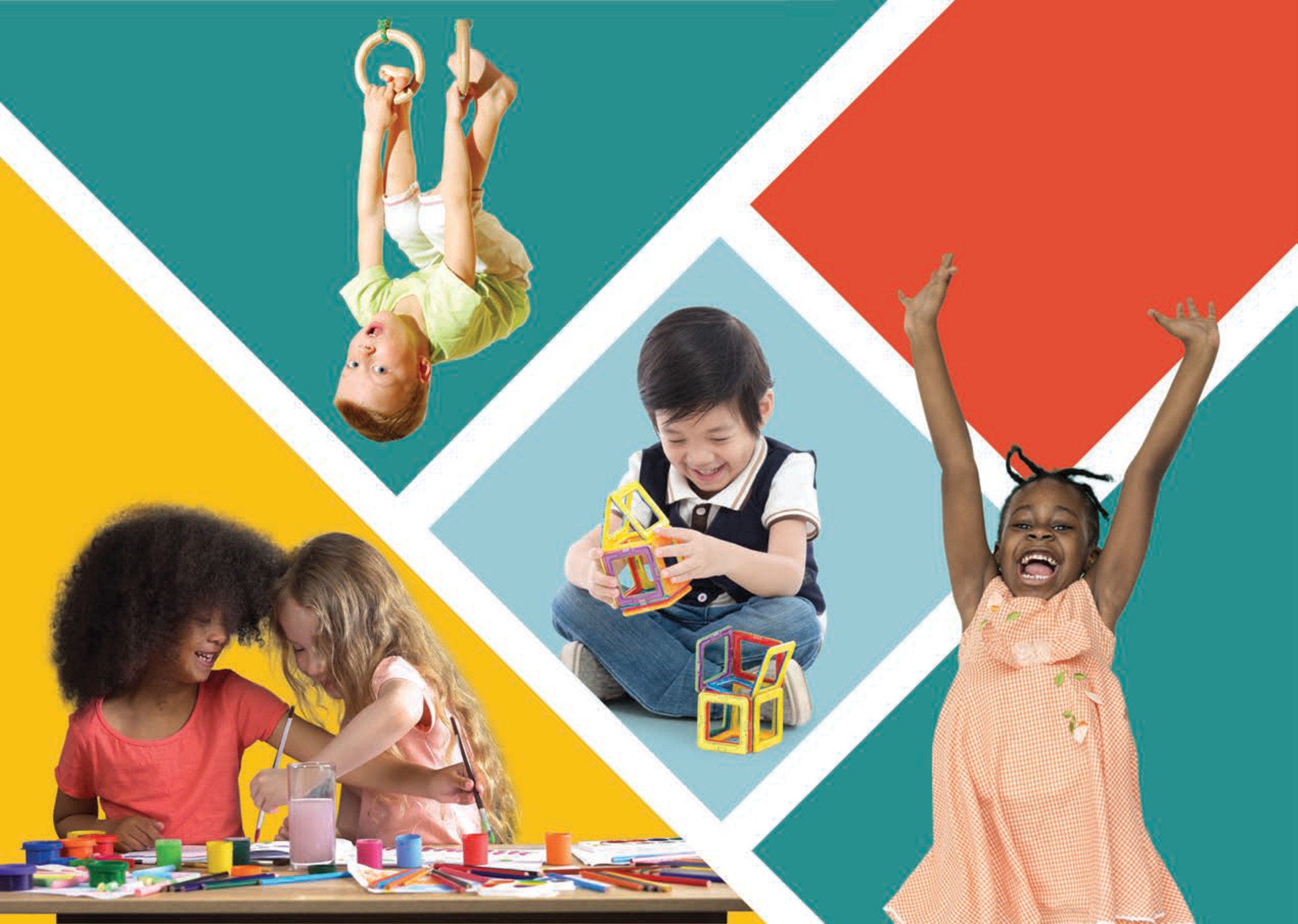Estonia is an international education leader, achieving high levels of performance and equity among students. The Estonian education system is striking in its openness to learning and improving. Education leaders and practitioners in Estonia embrace data and other evidence as a means for continual improvement. Systems like Estonia that can learn, can adapt and can continue to learn will inevitably serve their students well. They will also postion themselves well for the opportunities and the challenges of the future.
Estonia places great priority on children’s early years, in addition to students’ later education. The early childhood education and care system in Estonia is coherent and holistic, emphasizing children’s social-emotional development and well-being. At the same time, early years provision is firmly part of the Estonian education system as a whole, rather than separate and unrelated. To better understand children’s trajectories through the education system, Estonia has supported OECD efforts to collect comparative data on children’s early learning.
Estonia was one of three OECD countries that participated in the International Early Learning and Child Well-being Study. The study provides policy makers, education leaders, parents and the wider community with insights on how well five-year-old children in Estonia are faring. The study moves beyond speculation and beliefs, and enables children to show us how they are doing. The findings are enriched by comparisons with children in England (United Kingdom) and children in the United States.
The study investigated how well five-year-old children were developing across the range of skills they need to be well-positioned to succeed in education and grow up into happy, healthy and responsible citizens. These skills include both early cognitive development and social-emotional development. Children without this balance of skills will struggle to do well in school and in other areas of their lives.
The study highlights early differences between groups of children, such as between boys and girls and between children from advantaged and disadvantaged families. This helps us to see how we can better support children and their families, both in the earliest years and in the first years of schooling. Education systems that orient their priorities from an institutional lens to children’s actual needs will have greater success overall and will be better able to achieve improved equity.
Children love to learn and supportive, caring environments help them to do so. Our job is to ensure we are providing such environments.

Andreas Schleicher
Director for the Directorate for Education and Skills
Special Advisor on Education Policy to the Secretary General
